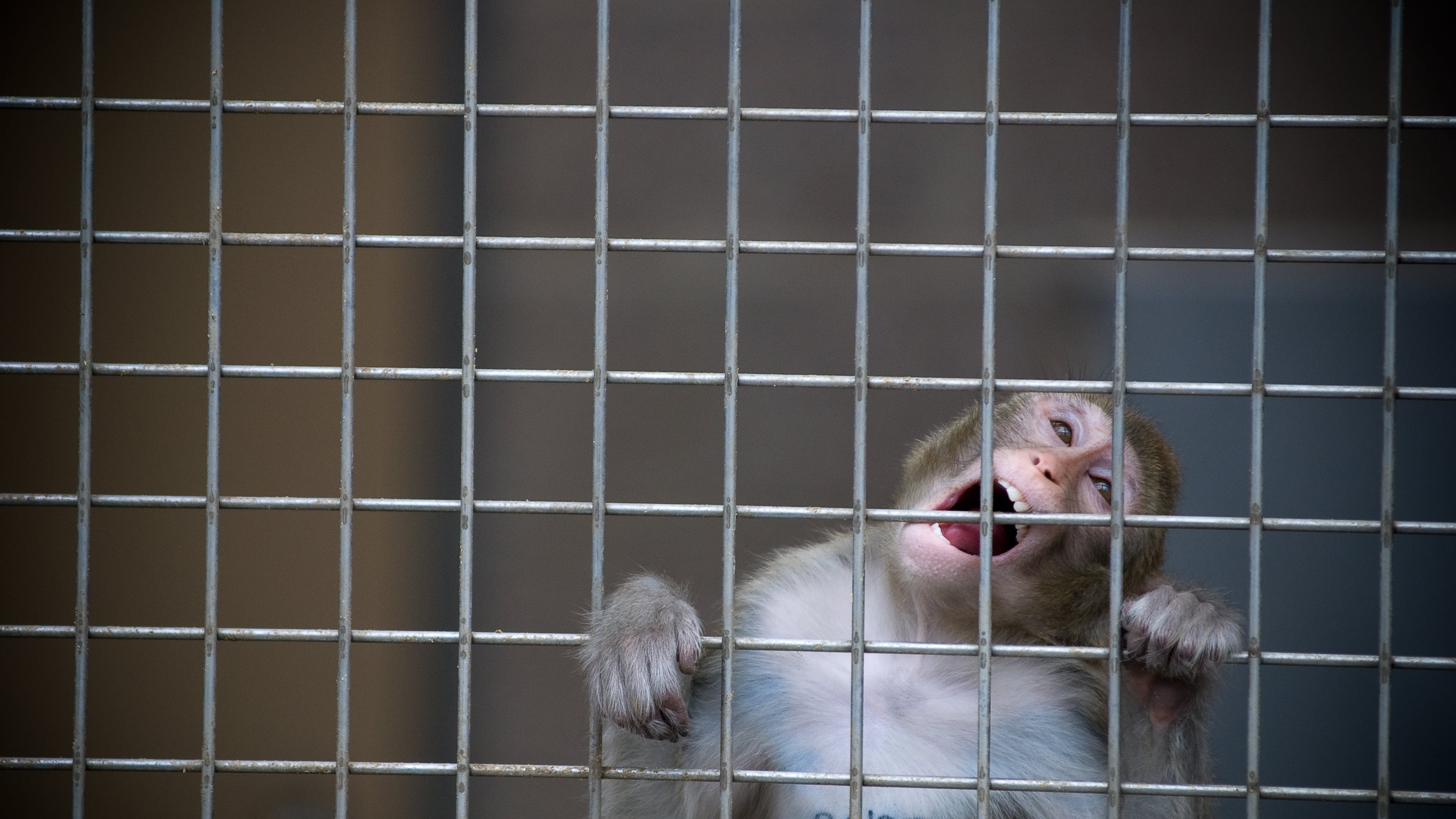For the past 10 years, employees exposed to diseases at the Oregon National Primate Research Center have been treated at a specialized clinic run by Providence Health & Services, even though the primate center is run by Oregon Health & Science University.
That arrangement is coming to an end because Providence’s Infectious Disease Consultants unit at St. Vincent Medical Center is swamped with work and can no longer offer same-day appointments to workers who come in contact with sometimes exotic monkey diseases, according to a memo sent to primate center staff and obtained by WW.
“A significant piece of the exposure management has been ensuring that the exposed individual has their care addressed in a timely manner on the day of the exposure,” a nurse practitioner in OHSU’s occupational health group wrote. “Unfortunately, IDC’s other workload has grown considerably in the past couple of years, and they have outgrown the capacity to easily accommodate these same-day appointments, and they have notified us that they will no longer be able to collaborate with us for exposure management after the end of this month.”
Nor can St. Vincent’s emergency department continue offering care to workers exposed to nonhuman primates after hours, the memo says. The primate center is located in Hillsboro, about 8 miles from St. Vincent on Portland’s westside. OHSU’s main hospital is 12 miles from the primate center, making for longer drive times.
The primate center has been under fire lately as activists seek to close it and the Trump administration cuts back on medical research on animals. Oregon legislators, meanwhile, are working on a bill that would shutter the 200-acre facility, which is home to more than 5,000 monkeys.
In the meantime, OHSU is working on solving the more immediate problem.
“OHSU’s occupational health department is reviewing same-day options for employees,” university spokesman Erik Robinson said in an email to WW. “OHSU occupational health is assessing options and will ensure that employees at OHSU’s West Campus have the same access to consultation and treatment that they have always had.”
OHSU sent workers to St. Vincent mostly because it was close by, Robinson said.
Infectious diseases are an occupational hazard for workers at the nation’s seven primate labs, according to Dr. Lisa Jones-Engel, a former primate researcher who now works as senior science adviser on primate issues at People for the Ethical Treatment of Animals.
Among the diseases that often circulate at the Oregon primate center, according to Jones-Engel, are tuberculosis, MRSA, diphtheria, campylobacteriosis, and shigella.
“The loss of same-day, real-time infectious disease care leaves workers dangerously exposed,” Jones-Engel said in an email to WW. “Without Providence, the Oregon National Primate Research Center loses a critical layer of rapid medical response. Every exposure is now an institutional emergency that OHSU must manage without its longtime external partner.”
In a biohazard notice about working with macaques at the primate center, OHSU says: “All fresh or frozen samples of tissue or fluids from nonhuman primates are potentially contaminated with pathogens that may be infectious to humans.”
Those pathogens may include herpes B, also known as “monkey B virus,” the notice says. Monkey virus B is “extremely rare,” according to the U.S. Centers for Disease Control and Prevention, but it can lead to “severe” brain damage and death if not treated immediately.
“Herpes B is, in many ways, the occupational bogeyman of the primate research industry,” Jones-Engel said. “Not because it’s common in humans, but because the consequences are catastrophic when protocols fail. That’s why national primate centers are obligated to maintain immediate access to specialized infectious disease expertise, not simply as a best practice, but as a core requirement for NIH funding, AAALAC accreditation, and OSHA compliance.”
The AAALAC is the Association for Assessment and Accreditation of Laboratory Animal Care.
“The Occupational Health leadership team is reviewing options with [primate center] leadership, OHSU risk management, and the biosafety team,” the memo to workers says. “All involved parties are deeply committed to ensuring that exposed employees receive expert and timely medical evaluation and management. We will continue to update you as we establish a new plan to maintain this essential service.”

